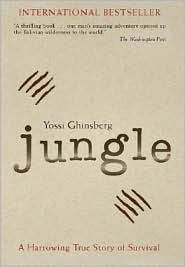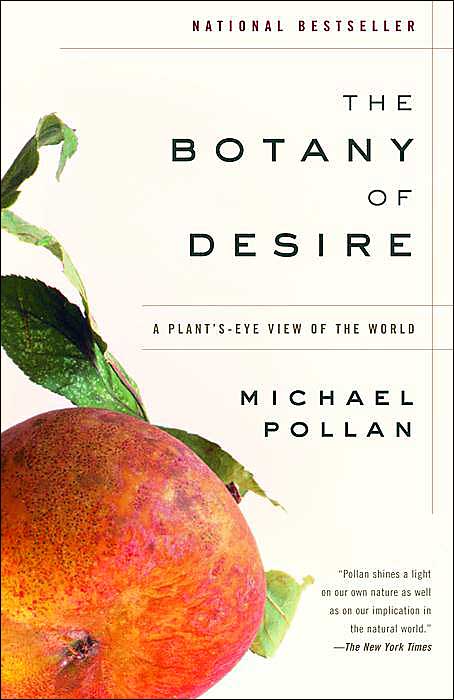United States drug policy is ineffective and hypocritical. We chose to prohibit some substances, while outlawing others. Our "legal" selections of drugs do not seem to be based largely on medical information, abuse potential, but more on historical use, and where we have traditionally garnered money.
Primarily, the war of drugs is a waste of money, it has not really helped, and has only exacerbated the problem, by compelling drug producers to find more addictive and powerful substances. To enforce drug policy the government violates posse comitatus, which holds that the United States Armed Forces cannot be used to police U.S. territory. Also, due to the harsh penalties for drug offenses many people are forced to accept plea bargains. The government can seize your assets if they believe they you are producing drugs, without a trial. Finally, this also bends the fourth amendment (unreasonable searches) as what is reasonable in a drug search has become quite broad.
The drug was has also caused prisons to fill up with people who have not committed violence offenses. A prisoner costs the taxpayers $22,000 a year. I am sure we would all rather we paid less taxes and had reduced penalties for crimes. It would be much cheaper to flog them and let them go. Or better yet, to make them pay a fine, and then let them go, that way the government will be able to pay for rehabilitation programs.
If the government did legalize certain drugs, it could tax them in order to pay for other government programs.
Tobacco and Methyl Alcohol have shown to be more dangerous to people than Marijuana, and psychedelics. Yet they are legal while Marijuana is illegal. Not to mention, Hemp's value as raw material has been ruined by being classified as an illegal substance. Smoking and Alcohol kill many more people than pot does. This may due to the fact that it is near impossible to overdose of THC. Marijuana is schedule I which means that the Federal Government believes it to have no medical uses, and a high potential for abuse. This is simply incorrect.
The pre-1972 substance control policy was constitutional, the current policy is unconstitutional. It is also unclear as to whether or not the Federal Government even has the right to make drug policy and enforce it at a local level. Previously, the government restricted substances by making the laws about their trade so complex that they were impossible to carry out.
In terms of Gross National Happiness, the current drug war isn't helping anyone, it is an ineffective waste of money. Legalization has shown to lower the amount of people who use drugs, and reduce their impact on society. Directly in terms of GNH, why make something illegal that is for making people happy?
~Timothy Leary













 Humans and plants have had a close and interrelated history. In The Botany of Desire by Michael Pollan, the author discusses history to show how mutually influential plants and humans are. He illustrates this using four influential plants for his examples, the apple, the tulip, marijuana, and the potato. All of the plants are said to satisfy different human desires, sweetness, beauty, intoxication, and control, respectively.
Humans and plants have had a close and interrelated history. In The Botany of Desire by Michael Pollan, the author discusses history to show how mutually influential plants and humans are. He illustrates this using four influential plants for his examples, the apple, the tulip, marijuana, and the potato. All of the plants are said to satisfy different human desires, sweetness, beauty, intoxication, and control, respectively.






